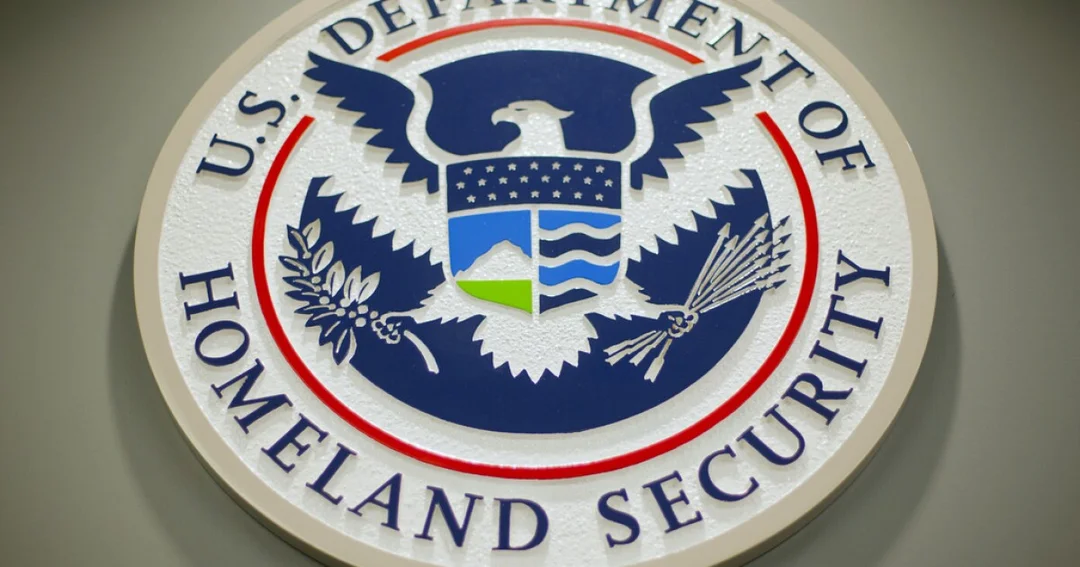
Trump Administration’s Immigration Policy Forces Thousands to Consider Self-Deportation
In a significant shift in immigration policy, the Trump administration has begun revoking legal statuses for tens of thousands of migrants who entered the U.S. through the CBP One app, a service initiated under the Biden administration for regulated border crossings. This decision has forced many families to contemplate self-deportation amidst fears of potential arrests and deportations.

Since its introduction in January 2023, over 900,000 migrants had utilized the CBP One app to obtain temporary legal status in the U.S., allowing them to work legally for two years. However, recent emails from the Department of Homeland Security have shattered this hope, instructing recipients to leave the country within a week or face deportation. Joy Tucker, a nonprofit leader, shared that many immigrants felt they were following the correct protocols by deploying the governmental tool to enter the U.S.
Stories have emerged from affected families grappling with the ultimatum, including those who are now asking the painful question: Should we self-deport? Jasmine Garsd, a reporter, highlighted the plight of a woman, known only as S., who is actively weighing the future of her family. "I felt so anguished," she shared, reflecting the dilemma that has many others contemplating their choices. The stress is compounded for families, especially parents, who are terrified of what consequences might await them if they stay.
The Trump administration’s ads trumpeting self-deportation present a stark ultimatum: leave voluntarily now or face a rougher path ahead. Suddenly, self-deportation has turned from a critique of past policies into an alarming centerpiece of current enforcement actions. Trump has even vowed that immigrants who do not comply will find themselves at the receiving end of aggressive deportations.
An ad campaign promotes this directive, combining the allure of a chance to return in the future with the stark reality of immediate legal repercussions. “If you are here illegally, we will find you and deport you,” warns Secretary Kristi Noem in one of the campaign messages, fusing fear with the prospect of an 'easy way out' through self-deportation.
While some see the approach as a viable option, many experts, including Adam Isacson from the Washington Office on Latin America, argue that the prevailing conditions forcing Latin Americans to migrate remain dire. In a particularly troubling segment framed by the revelation of the policy’s impact, the psychological toll on children in mixed-status families has been staggering.
As parents face immense pressure regarding the future, the ramifications of these policies extend far beyond legal standings. Family bonds are tested, discussions become fraught with anxiety, and the ultimate question emerges: how far will displaced families go to protect their children’s futures?
As the landscape continues to shift, what does this mean for the future of immigration policy in the U.S.? Will self-deportation indeed become a reality for many, or will legal challenges and advocacy movements compel a reconsideration of such stark measures? Readers are encouraged to share their thoughts and experiences with immigration.